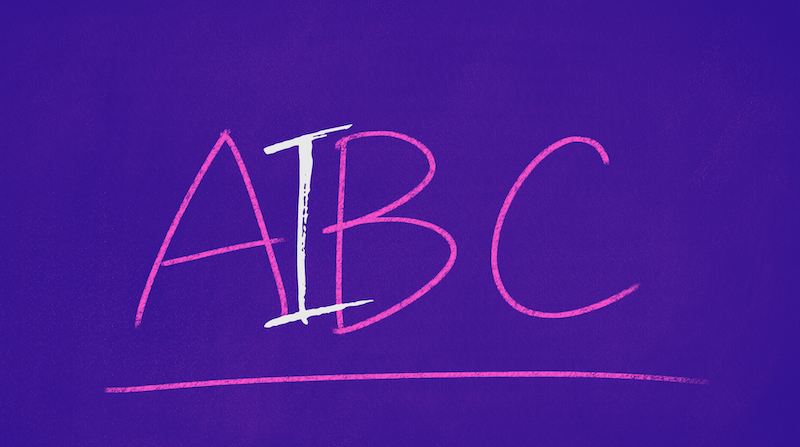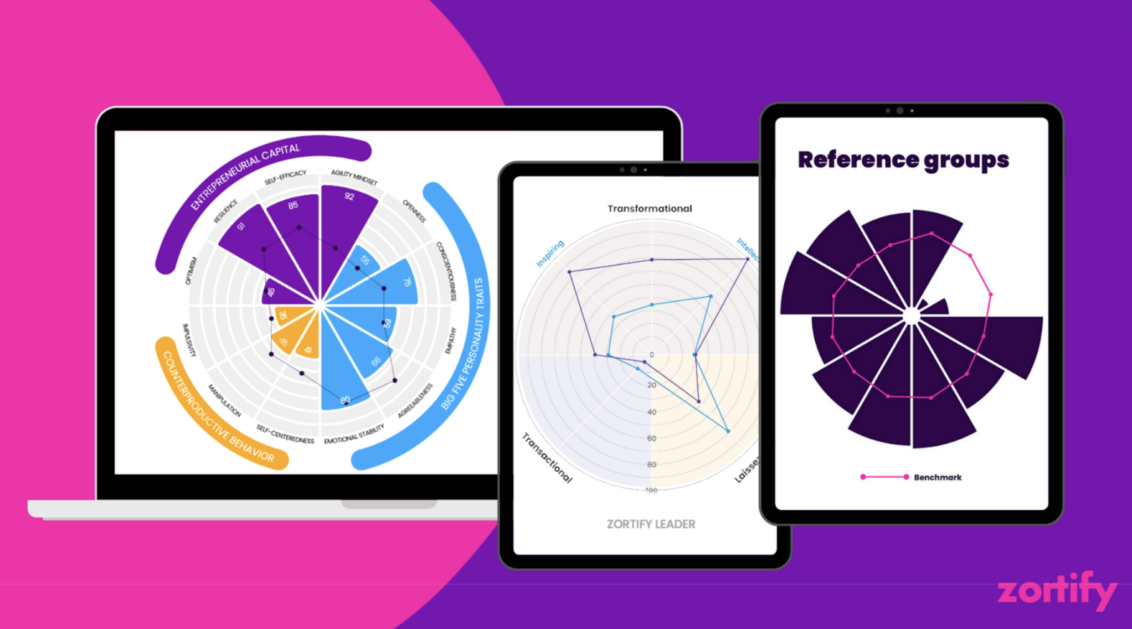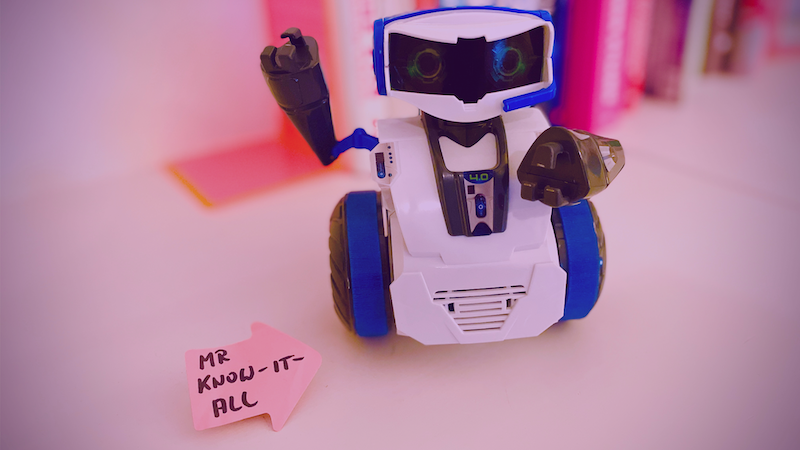AI literacy

The use of AI systems will revolutionize the HR sector. Not using AI is no longer an option. It is now a matter of developing the necessary skills to be able to use the technology in a targeted manner. HR professionals need to start equipping themselves with the knowledge they need to use AI tools effectively while retaining the invaluable human judgment that machines cannot replace.
The good news is that HR professionals won’t need to be able to understand complex statistical formulas or code in the future. Rather, it’s about understanding HR metrics and being able to interpret data visualizations, including modern dashboards powered by AI. This fundamental understanding enables HR professionals to gain data-driven insights to solve real-world problems.
What will be better with AI
Research shows that only a small percentage of HR professionals have advanced AI skills. However, those who do use AI and data analytics report positive effects in recruiting, employee engagement and decision-making processes.
According to a study by Gartner, 76% of HR leaders believe that if their organization does not implement AI solutions in the next 12 to 24 months, it will lag behind those that do in terms of business success.
HR professionals need a basic understanding of how AI works, what the technology can and cannot do. They should focus on what benefits the technology can bring them and what specific use cases there are. In doing so, they should always keep the company’s goals in mind. What can they do better, faster and more cost-effectively with the help of AI in order to achieve these goals?
HR as change management
The introduction of AI in the HR department inevitably leads to changes in processes and possibly roles. Sometimes it is enough to integrate an AI tool into a workflow and thereby achieve an immediate benefit. Often, however, it is not that simple and a rethink and reengineering of the entire process is required. This shift requires a deep understanding of where human capabilities complement AI and add value to human judgment, data collection and actions.
After all, humans will remain irreplaceable in the future. AI tools have been developed to improve human skills and can be useful in delegating tasks. Technology will be omnipresent in most activities, rather than replacing them entirely. AI systems can often make better, faster and cheaper predictions than humans. However, a prediction is not a decision, it is merely a component. The real value lies in human judgment – the ability to interpret predictions, consider ethical implications and make decisions that machines cannot. HR professionals must address ethical dilemmas, privacy concerns and the need for a continuous learning and adaptation process.
The better HR managers understand the basic workings of AI systems, the better they will be able to argue in favor of their use. The extended basic understanding includes the following aspects:
- What model is AI based on? What is represented? What is left out?
- For what purpose was the AI built?
- What data was used to train it?
- How is the data entered used and stored?
- Is the AI legally compliant, for example with regard to the European AI Act?

In the future, another core competence will be not only mastering AI-related changes to tasks and processes, but also communicating them to the workforce, addressing resistance and offering training.
Data storytelling will become more important at the decision-making level in companies. HR professionals who have mastered it can influence decision-makers by presenting data-driven insights in a convincing narrative, for example to push through additional budgets for recruiting and HR marketing.
HR remains human
Despite the technical nature of AI, its primary goal in HR is to improve the human work experience and performance. HR professionals should therefore always take a human-centered approach when implementing new tools. At its core, it should be about understanding the needs and behaviors of employees and developing AI solutions that improve their work lives while making the organization as a whole more productive and successful. Skills in methods such as design thinking can be helpful here.
Staying agile
The future of HR work lies in combining the best of AI and human knowledge. Once HR leaders better understand what the technology can do, they can assess the potential use cases and benefits and harness the power of technology to improve their work. At the same time, they can ensure that human judgment remains at the heart of HR decision making. A balance between AI and humans is critical to creating efficient, equitable and human-centered HR practices that can continually adapt to a changing world of work.
✅ AI Literacy at a glance:
- Operating AI tools
- Interpreting AI-generated data
- Integrating findings from data analysis into current HR processes
- Understanding ethical and legal issues
- Communicating AI-related changes and benefits
- Human-centered design thinking
- Data storytelling
For recruiters, freelance coaches and consultants looking for a comprehensive AI toolkit, Zortify offers a certification program. This opens the door to a world of assessments that measure not only the traditional personality traits, but also the but also the counterproductive behavioral tendencies, and malleable psychological states crucial for professional and personal success.
The next certification dates:
- March 20-21, 2024, Zurich
- April 23-24, Luxembourg
- May 13-14, Wiesbaden
- July 16-17, Luxembourg
Prof. Dr. Florian Feltes
Prof. Dr. Florian Feltes is co-founder and co-CEO of zortify and a forerunner in AI-supported HR innovation. Together with his team, he develops intelligent personality diagnostics and helps companies identify the perfect candidates—without expensive assessments and without bias. His vision: a world in which every company can effortlessly form high-performance teams and create work environments that allow human potential to flourish.


Everyone wants these five colleagues in 2024

Expensive assessments, even more expensive bad hires
